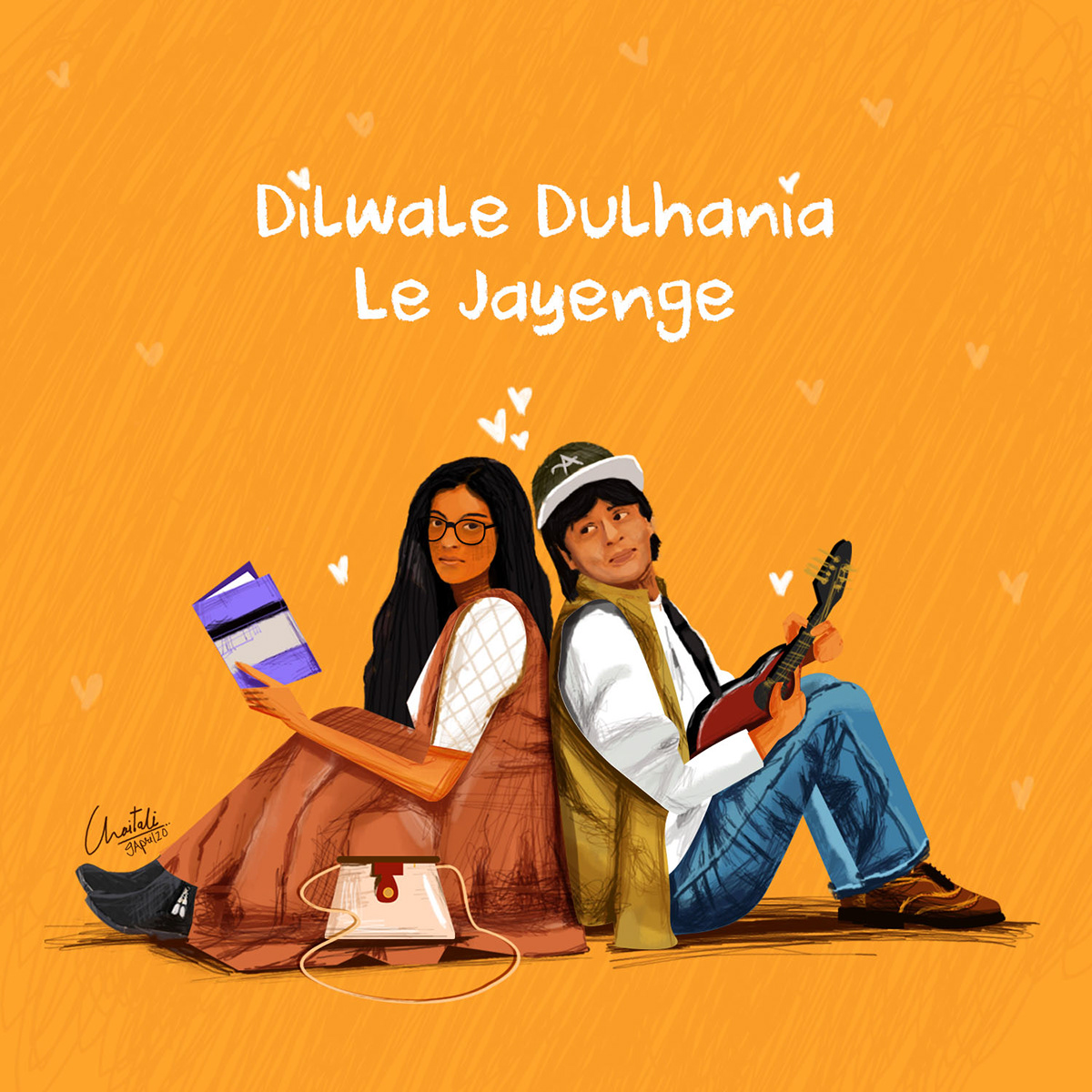By Ritika
For generations, the word “festival” has been synonymous with celebration, ceremony, feasts, and the
joy of coming together. But with the rise of Gen Z, the traditional “Happy Diwali,” “Happy Holi,” “Happy
Eid,” or “Merry Christmas” has been reduced to mere texts exchanged with friends we occasionally
talk to. Throw in a “Happy Birthday” in case we remember.
So, why the change? And is it for the better or worse?
Some might say the credit or blame for Gen Z turning everything into “trends” goes to modernization,
globalisation, and the usual facts that articles love to mention. But I think it goes deeper than that.
We’ve become so engrossed in the constant race to be cool, trendy, and digitally relevant that we’ve
lost focus on what really matters. We’ve turned our lives into a curated digital gallery, where creating a
‘cool’ online persona seems more important than actually living in the moment. Because how any occasion can be ‘Happy’ without likes, comments, heart and fire emojis and stuff.
Take Diwali, for instance. It’s not just about crackers, fairy lights, and posting aesthetic pictures in
traditional outfits. It’s about Laxmi puja, the Aarti, chanting mantras, lighting diyas, and decorating our
homes with them. Or Holi which isn’t just about posing in white outfits for likes. It’s about Holika
Dahan, playing with colours, visiting family, and preparing traditional sweets. But sadly, we’ve drifted
far from our culture. Many of us don’t even know why festivals like Karwa Chauth, Mahashivratri, or
Makar Sankranti are celebrated. The legends and stories behind these days seem lost. And let’s be
honest—most of us remember festival dates not for the celebrations, but because they mark a holiday
to sleep in, binge-watch Netflix, and order pizza or McDonald’s. Meanwhile, our ancestors spent those
days making traditional sweets, laughing together, and truly celebrating.
I believe the shift began when festivals became literally ‘holidays’ for us—a day off, rather than a day
of connection and culture. The moment we reduced these occasions to just another excuse to relax,
we willingly distanced ourselves from the rich traditions passed down through generations.
And this is why I say Gen Z turns everything into trends. You’ll still see everyone posting a picture with
a diya on Diwali, a splash of colour on Holi, or flying a kite on Makar Sankranti. But here’s the
catch—they’ll spend hours dressing up just for that one perfect shot, and once it’s posted, their
‘celebration’ is over. Now let’s scroll and see what others wore, what they posted. “Did I get more
likes, or did she?”
Whether this change is good or bad, well, that’s up to you to decide. But personally, I don’t want a
future where, 15 years from now, on a day like Diwali, my child comes to me and asks, “Mom, why do
we light these fairy lights and burst crackers?” And all I can do is smile awkwardly and say, “That’s
just how it’s always been.” I want to be able to sit them down and explain the story of Lord Rama,
teach them the significance of lighting diyas, making rangolis, and doing a proper Aarti—just like my
grandma did for me when I was nine.
Because if we don’t pass on these traditions, what will be left for the next generation to celebrate?




